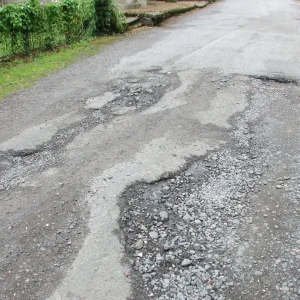Peugeot and Citroen are calling for more rigorous emissions tests in Europe from 2017 onwards, in the wake of the current Volkswagen emissions testing scandal.
PSA has claimed its engines comply with the approval procedures in the countries where it operates, and that “powertrain settings” are identical in real life and during the approval process.
“PSA notes that the SCR (Selective Catalytic Reduction) system installed on all its Euro 6 diesel vehicles produces variances that are among the lowest in the automotive industry between approved emissions and those arising from customer use,” the company said in a statement.In May, the European Union agreed to a new test procedure starting in 2017, which will require vehicles to be tested on the road and in traffic, rather than in laboratory conditions as is currently the case.
The stricter testing procedure should provide more accurate, ‘real world’ figures – particularly for diesel NOx emissions – better representing the benefits of the latest Euro 6 diesel engines.
However, the European Commission and member states still need to agree what the limits for the real world tests will be and whether they can realistically be introduced by 2017.
The Commission already has plans to bring in a new, more accurate CO2 emissions test in 2017 – the World Light Duty Test Procedure (WLTP).
The current testing procedure – known as the New European Driving Cycle – was last updated in 1997, and cars are tested in laboratory conditions, using a flat rolling road.
“PSA supports introducing the new procedure, the WLTP from September 2017 in its most demanding version, to replace the current European approval procedure NEDC, which is not representative of real customer use,” PSA said in a statement.





